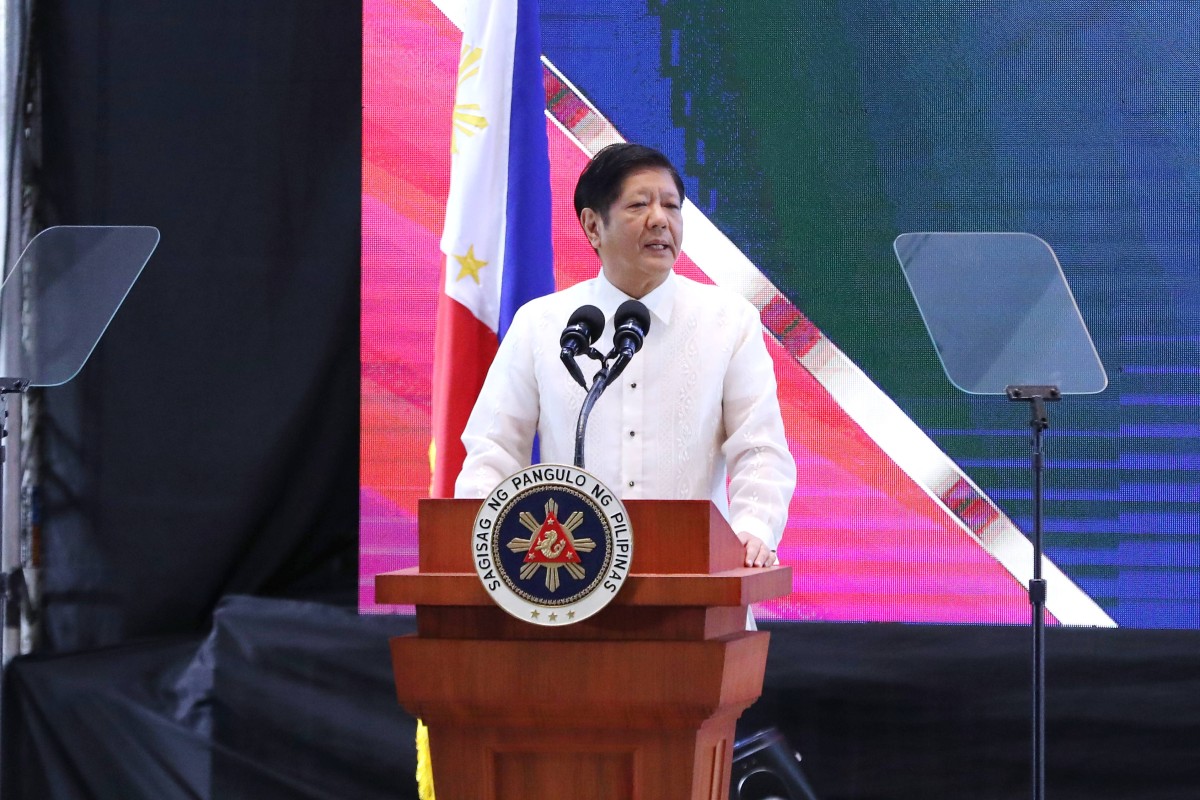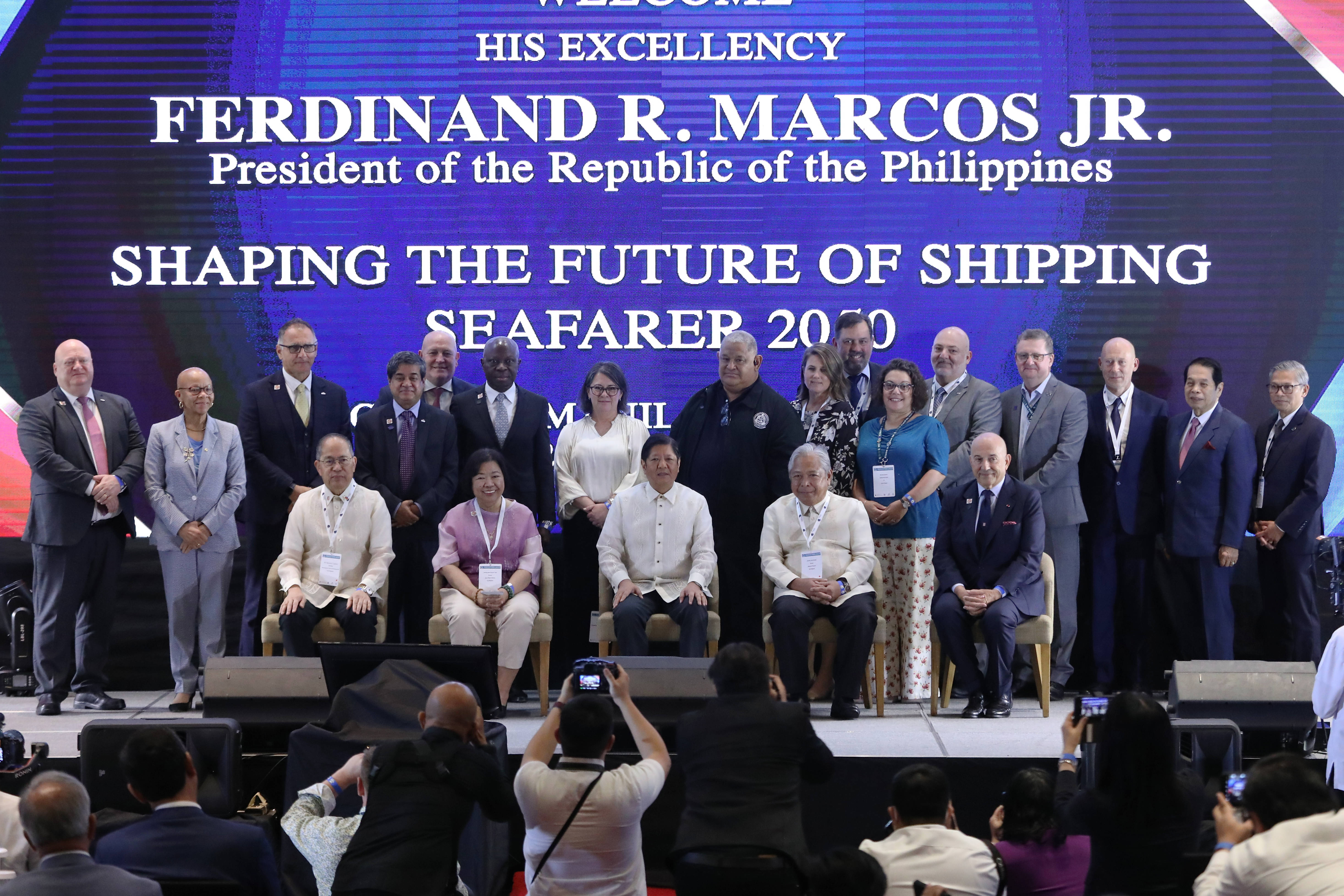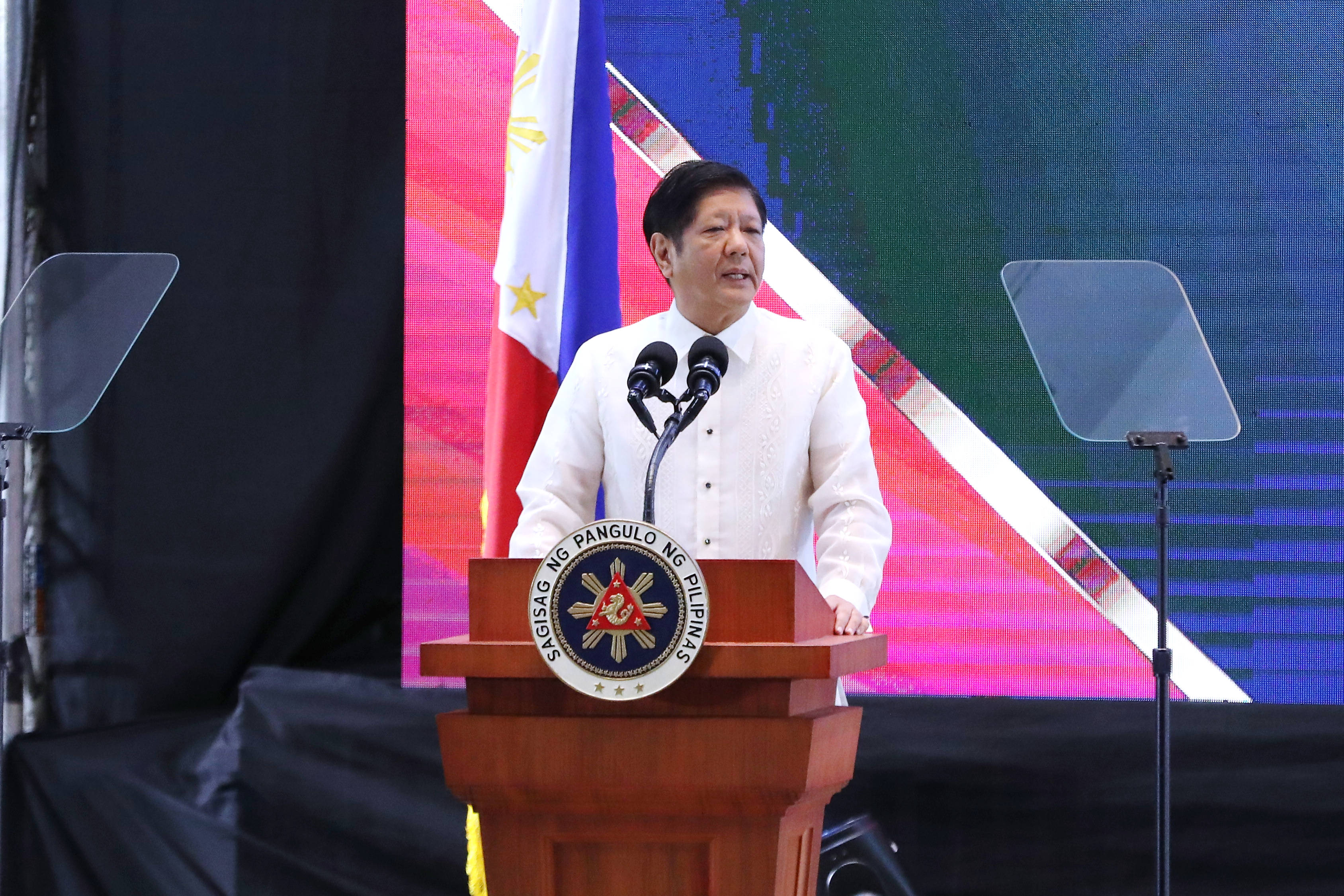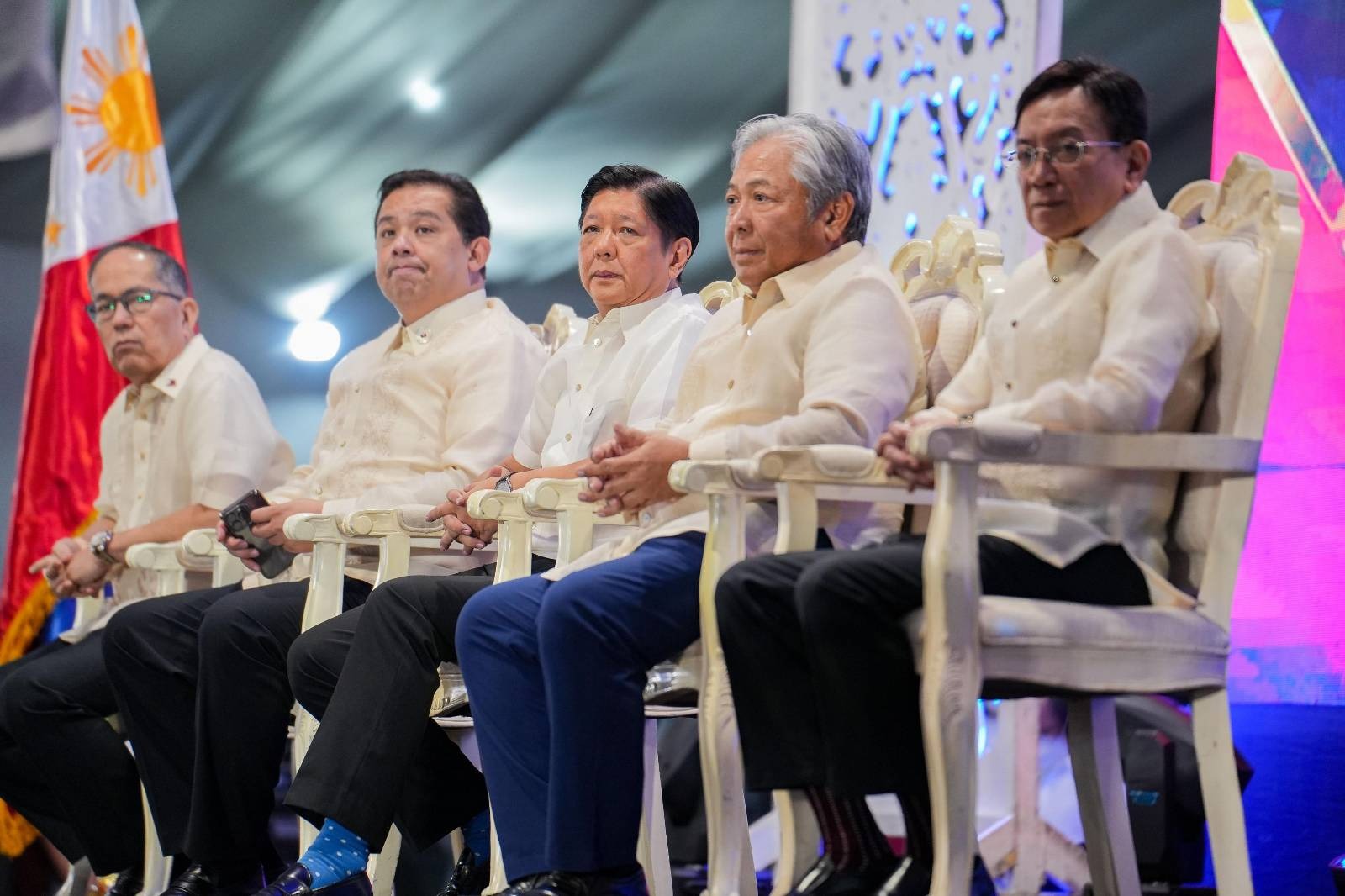MANILA -- President Ferdinand R. Marcos Jr. on Monday called on the government agencies and other stakeholders to work together to boost the country’s maritime industry and adopt new technologies and secure emerging opportunities for our seafarers. The President made the call as he vowed to continue strengthening the maritime-related policies and protecting the welfare of the seafarers and their families.
In his speech during the Seafarers Summit in Makati City, President Marcos highlighted the importance of unity between the private sector and the government in the transformation of the transportation industry, including shipping, marked by the coming of new and sustainable fuels, and the deployment of digitalization and automation.
“To facilitate this shift, there is a need for the shipping industry to adapt and integrate new developments into their fleets, starting with the retooling of existing ships and the building of newer and more modern ships equipped with these new technologies,” Marcos said.
“I am confident that, with all of us working together, we will navigate the turbulent tides ahead and chart a course towards a stronger and sustainable tomorrow for seafarers and the global community. May the winds be fair and the seas be kind to us as we embark on this journey together,” he added.
Marcos also emphasized that investing in a highly qualified and well-trained workforce that will build, maintain and man the shipping vessels and “sail towards other opportunities” are significant parts of the change in the shipping industry.
The President reiterated his directive to the Maritime Industry Authority and the Commission on Higher Education to work closely with the shipping industry on the up-skilling and re-skilling of Filipino seafarers to prepare them for the shift of ocean-going vessels from using the conventional fuel sources to green ammonia between 2030-2040.
“With all hands on deck, we must come together to envision and shape the future of the industry and global trade for the next 25 years. We can do this by identifying the skills required for the new generation of ships, discussing education and training requirements, and committing to a fair and just transition to build a future-ready and resilient shipping industry,” Marcos said.
“Moreover, I enjoin all national government agencies, [multi-lateral] organizations, and private stakeholders to work together in identifying strategies to ensure the availability of skilled workers to fulfill the requirements of the shipping industry. This is expected to significantly increase by the year 2050,” he added.
The President attended the Seafarers Summit in Makati City on Monday with the theme “Shaping the Future of Shipping-Seafarer 2050 Summit.”
Transportation Secretary Jimmy Bautista was also present during the event along with Migrant Workers Secretary Susan Ople, Labor and Employment Secretary Benny Laguesma, other members of the cabinet, the Diplomatic Corps and other foreign ministers and policymakers.
Officers and members of the International Chamber of Shipping led by Chairman Emanuele Grimaldi were also present along with other heads of civil societies and international organizations, and officers and members of the Filipino Shipowners Association.
President Marcos shared that the government and the Filipino people are proud of the maritime heritage of the Philippines and the country’s title being the “Seafaring Capital of the World” with over half a million Filipinos “braving the vastness of the seas, comprising a quarter of the global maritime workforce.”
The chief executive added the Philippines will always be grateful to the Filipino seafarers for what they have brought to the country.
“I thus ensure everyone that this government will continue strengthening maritime-related policies and protecting our seafarers and their loved ones,” the President said.
The chief executive further disclosed that it is important for the Philippines to embark on a long-term, tangible, and sustainable efforts that will address the many demands of the maritime sectors in the coming years. (PND)





